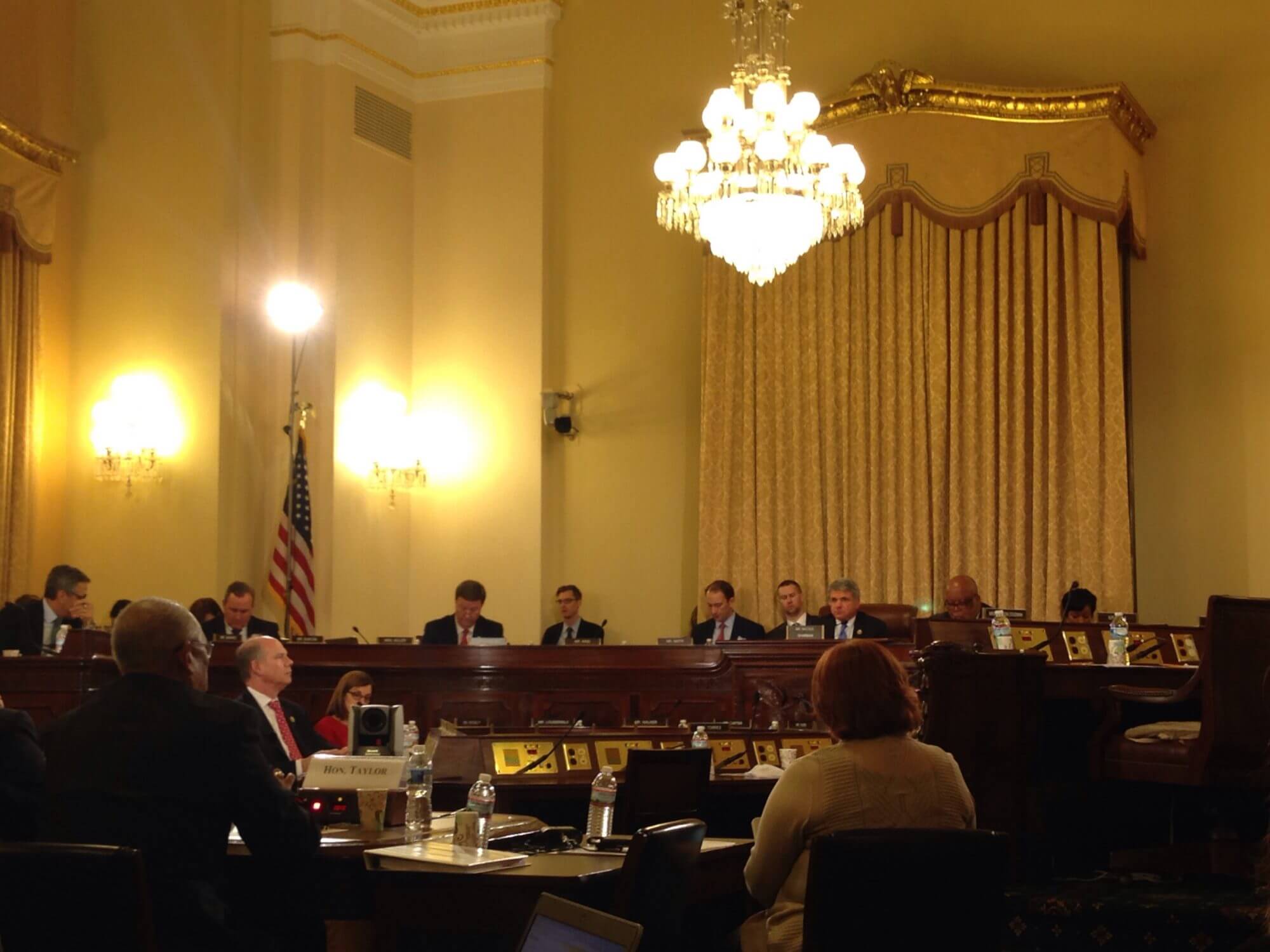WASHINGTON — Refugees coming into the U.S. go through a lengthy screening process that for a select few has included checking social media posts, but soon all refugees’ tweets, Instagrams and other social posts may be checked, according to national security experts.
“We are doing that in cases of flags of concern,” Leon Rodriguez, director of U.S. Citizenship and Immigration Services, told the House Homeland Security Committee on Wednesday.
The Department of Homeland Security is moving toward looking at social media for every Syrian refugee, Rodriguez said.
DHS formed a task force after the December attack in San Bernardino to review how to better use social media in the visa process. An updated policy is expected to be presented as early as next month, said Francis Taylor, the agency’s under secretary for intelligence and analysis.
“This policy was written in 2012 as a baseline for how the department would use social media,” Taylor said. “Certainly the environment and the technology has changed significantly.”
Currently, social media scanning is only used when U.S. security databases or interviews raise concerns about a candidate; he declined to offer specific examples of what would raise a concern, citing national security issues.
“It is one tool in a battery of tools,” Rodriguez said. “So it is used in conjunction with intelligence databases and with multiple interviews.”
Expanding the social media checks could require more funding and training for security officers, Taylor said.
“All social media is not in English so we need language skills,” he said. “My sense is the initial investment would be heavily contracted” because such language experts are more prevalent in the private sector.
Social media has been used in 33 cases since 2012, Taylor said. Government officials can look at publicly available social media information without the consent of the applicant.
“There’s nothing wrong with checking the public posting of folks on Facebook or Twitter,” said Alex Nowrasteh, an immigration policy analyst at the Cato Institute, a libertarian research center.
But Nowrasteh said DHS has used social media for years in all types of immigration cases, even if there isn’t a department-wide policy to look online for refugees. He based his conclusion on discussion with six immigration attorneys who had seen social media evidence used in court.
“They already use a lot of social media information for all types of immigration claims,” he said.
The department’s goal is to be able to check the online presence of the Syrian refugees coming into the country, Taylor said.
“There may not be a social media presence for all 10,000, but the capability to determine that is something that we’re trying to drive towards,” Taylor said.
“We are conducting manual vetting,” Rodriguez said. “We are going into Facebook and Google and other routes. That’s very slow going.”
In the future, Homeland Security officials want to use social media for Iraqi applicants and potentially for all immigration applicants, Rodriguez said.


